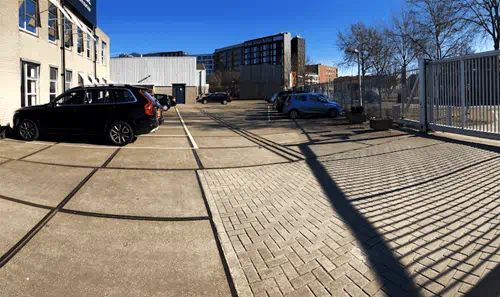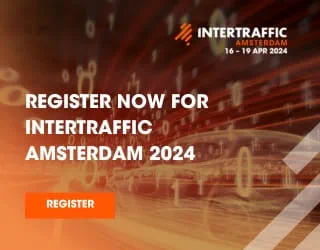Amsterdam is a bustling city with all means of traffic weaving through it: pedestrians, bicycles, trams, buses, cars, mopeds, and everything in between. It is one of the most accessible cities in Western Europe, manifested in the constant improvement of its transportation systems, such as the opening of the new North-South line (Metro 52), completed in July, 2018. However, what would Amsterdam’s city centre be like if cars were completely removed from the equation?
This is what some may have been asking themselves when, at the end of May, 2018, the new coalition government in Amsterdam released its plans to raise the street parking prices to €7,50 per hour and to remove between 7000 and 10,000 parking spaces, a move many saw as an apparent attempt to make Amsterdam car-free. Some of the parties smarted by the announcement included retailers, who feel the new plans will hurt their business.
Making city centres car-free is not a new idea. Some of the frontrunners include Madrid and Oslo, with goals of reducing traffic emissions by up to 50% in the next few years while Utrecht plans to ban all modes of transport in the city centre which produce emissions by 2030.
Current trends show that such extremities will not be badly received by much of the Amsterdam population. A study by CE Delft showed that, out of all the citizens in major Dutch cities, Amsterdammers are the least likely to opt for a car as a mode of transport while the Gemeente Amsterdam found that personal car ownership has dropped among young people and overall (albeit, only by a couple per cent).

However, the same study shows that ownership of electric vehicles (which are far more environmentally friendly than regular diesel and petrol cars) has increased by 27% and the number of shared cars has increased by 44%. The number of mopeds has increased by 10%, the one factor which is contrary to the upward sustainability trend of transportation in Amsterdam. New rules for mopeds in Amsterdam, which have come into effect this year, should significantly reduce that number. Finally, cars remain the top mode of transport for Dutch visitors to Amsterdam. Considering the importance of these visitors to Amsterdam’s economy and the citizen movement toward more environmentally friendly vehicular options, perhaps going car-free is not the answer.
Making the journey from ‘A’ to ‘B’ as efficient as possible will remove excess traffic. Experimenting with car-free days or with low-emission zones are also options. Antwerp’s low emission zone, for example, aims to exclusively ban cars which produce more harmful emissions. The Amsterdam government’s proposals will reduce excessive traffic and cars taking up space - a not-unreasonable desire considering parking spaces take up a considerable amount of space in the city.
Making use of existing resources is the solution, such as encouraging car sharing initiatives and parking cars off the streets instead. While many traditional parking companies are very expensive, there are alternative parking options such as renting out a private hotel parking space which is much cheaper. There are plenty of off-street parking resources which are not being used to their full capacity while cars roam the streets in search of affordable, available parking.
Amsterdam is not ready to go car-free, but there is plenty of opportunity to tackle noise and air pollution from excessive traffic without ridding the city of cars. The dramatic increase of street parking prices and the removal of parking spaces will inevitably lead to a reduction of cars in the streets. However, this change does not necessarily have to correlate with a reduction in car travel. By placing a greater focus on maximising existing vehicular and parking resources, Amsterdam can remain a city where travel by car is viable while simultaneously being a city with fewer cars on the streets. And that’s a good thing.







